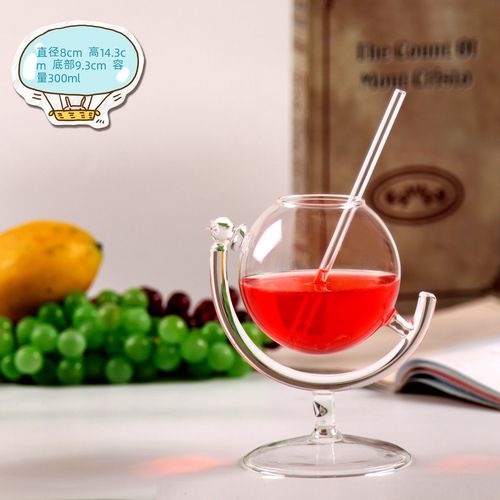CanRedWineReplaceMilk?
Red wine and milk are two very different types of beverages with distinct flavors, textures, and nutritional profiles. While they both have their own unique characteristics and uses, they are not typically interchangeable in recipes or as standalone drinks. Here are some reasons why red wine cannot be used as a direct replacement for milk:
1. Nutritional Differences:
Milk is a rich source of essential nutrients such as calcium, vitamin D, and protein, which are important for bone health and overall well-being. Red wine, on the other hand, contains antioxidants like resveratrol but lacks the essential nutrients found in milk. Using red wine as a substitute for milk would result in a significant loss of these vital nutrients.
2. Flavor and Texture:
Milk has a mild and creamy flavor with a smooth texture, making it suitable for a wide range of recipes from baking to cooking. Red wine, with its bold and complex flavors, would drastically alter the taste and texture of the dish if used as a replacement for milk. It may overpower other ingredients and result in an unbalanced flavor profile.
3. Cooking Properties:
Milk serves as a key ingredient in many recipes for its ability to add moisture, richness, and structure to dishes. Red wine, while it can add depth and complexity to certain savory dishes, does not possess the same cooking properties as milk. Substituting red wine for milk in recipes that require the latter may lead to undesirable outcomes in terms of texture and consistency.

4. Dietary Restrictions:
For individuals with dietary restrictions or lactose intolerance, finding suitable alternatives to milk is important. While red wine is not a suitable replacement for milk due to the reasons mentioned above, there are various non-dairy milk alternatives such as almond milk, soy milk, and coconut milk that can be used as substitutes based on individual dietary needs.
In conclusion, while red wine can add flavor and complexity to certain dishes, it cannot be used as a direct replacement for milk in most recipes. It is important to consider the nutritional content, flavor profile, cooking properties, and dietary restrictions when choosing substitutes for milk in recipes. Experimenting with different ingredients and finding the right balance is key to achieving the desired results in cooking and baking.
本文 同格科技网 原创,转载保留链接!网址:https://tonggekeji.com/post/2518.html
1.本站遵循行业规范,任何转载的稿件都会明确标注作者和来源;2.本站的原创文章,请转载时务必注明文章作者和来源,不尊重原创的行为我们将追究责任;3.作者投稿可能会经我们编辑修改或补充。









